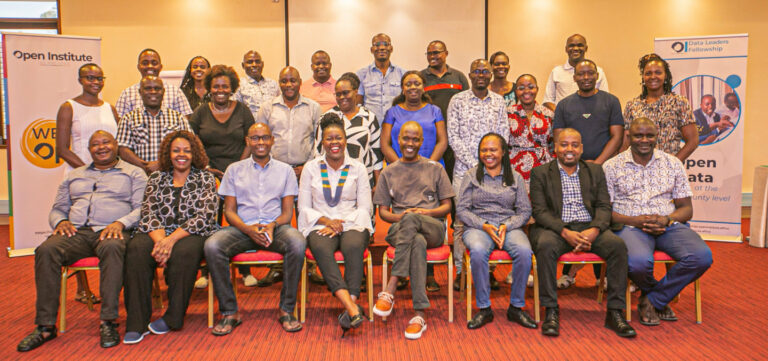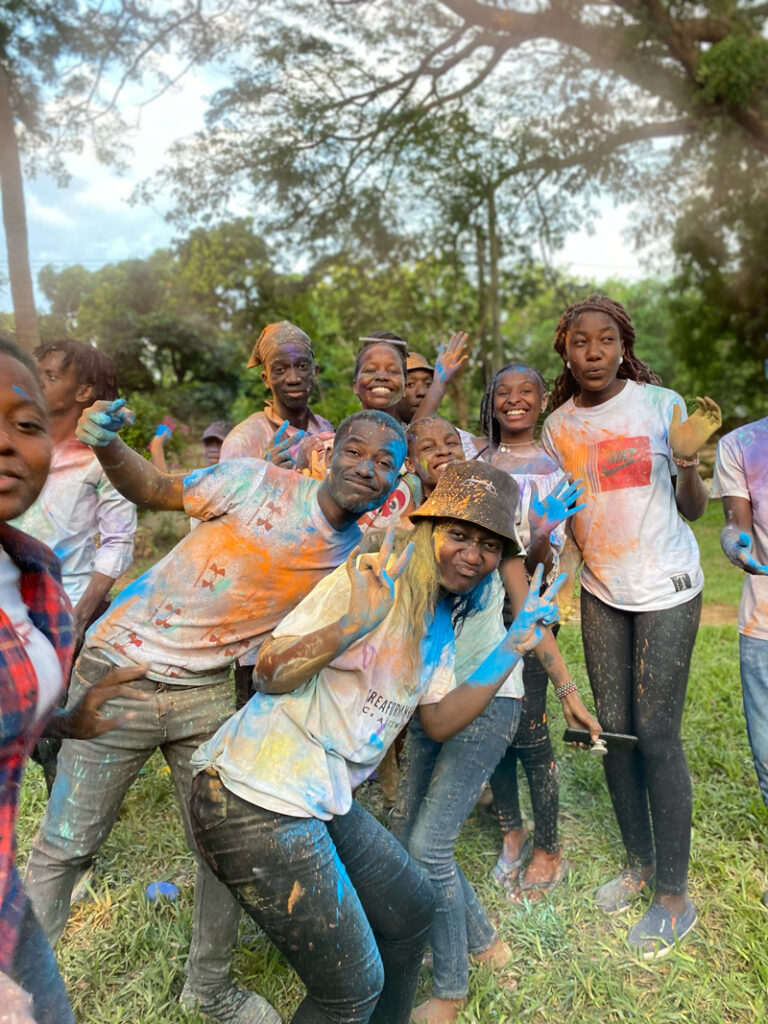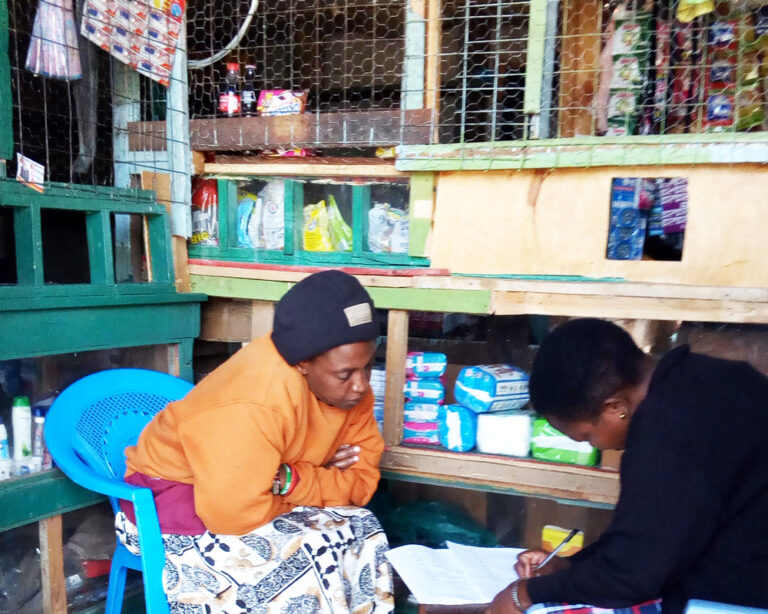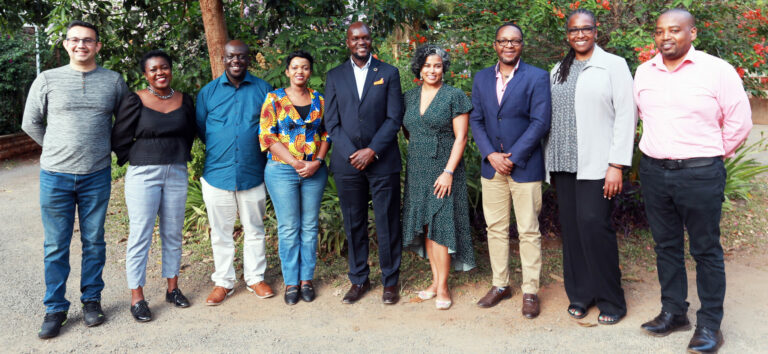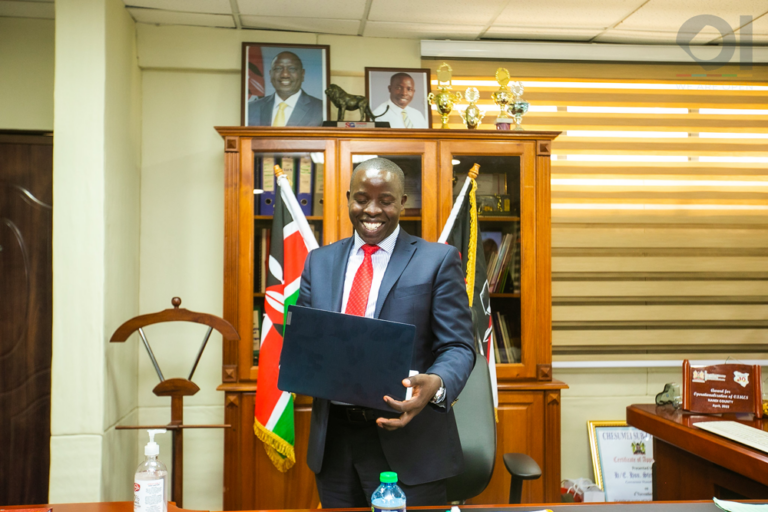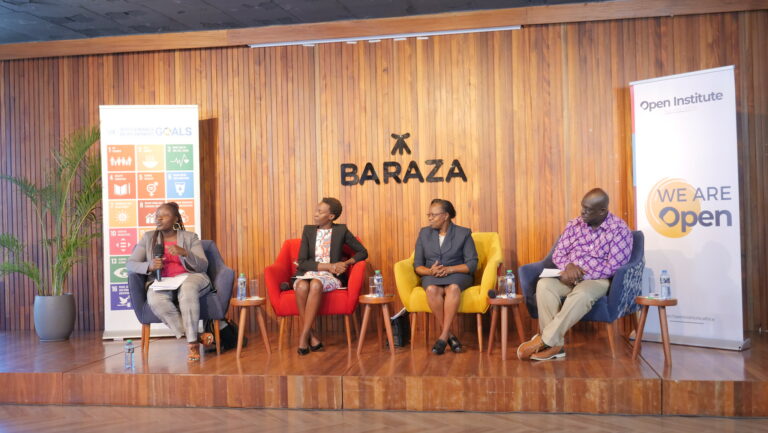About Subnational Citizen Engagement
We work to build citizen capacity to use data for better engagement with government and other stakeholders. We do this to ensure better resource allocation and better development outcomes in achieving Global Goals such as the Sustainable Development Goals, and other local and national goals, mainly The Vision 2030, which is being implemented through successive five-year medium term plans. The Third Medium Term Plan (MTP III) 2018-2022 is the current plan being implemented at the local level.
Global Goals for Local Impact (GGLI) Programme:
The Global Goals is an initiative that aims to domesticate the SDGs and demonstrate to the local citizens that the SDGs, much as they were formulated and discussed by global leaders are meant to drive development at a very local level. The project makes use of data to stimulate active citizenship and responsive government – essentially that citizens provide input into government activities and that government develops mechanisms for listening to citizen needs.
In this project, the following citizen engagement tools have been implemented:
- The GGLI dashboard – a tool that enables users to view data and analysis of community data in the classified into the following dashboards:
- Lanet-Umoja Dashboard
- Nakuru North Sub-County Farmers Data
- Service Register Incident Logging Tool
- Sabasi, a citizen data collection tool that was developed for use in the project
The Challenge
In our work, one of the biggest observations that we made was that citizens cared more about local issues than they did about regional or national issues, because they did not feel that they had the capacity to do anything about regional or national issues. The Open institute took up the challenge of training local communities in Kenya on the importance of the SDGs for development so that they could collect their own SDGs-related data.
In a nutshell, the model below has provided useful insights into how communities make decisions and share responsibilities.
Model
- Buy In: Identify the common and priority issues that the community is facing and can be addressed using data
- Data Training: Once the issue is identified, training in order to gain an understanding of what data is, what it can do, and the various data collection methods is done in the community.
- Data Collection : The data collection exercise is done by the community, thus giving them an opportunity to learn first hand what it entails and helping them prepare for similar exercises that might be required in the future. It also enhances ownership of the process and builds sustainability.
- Data Analysis : After the data is collected the community delves into interpreting the data and makes decisions on what is priority and needs to be planned for. They also identify what issues can be tackled within the community, which ones need to be forwarded to the local government and, finally, those that can be dealt with by other stakeholders.
- Data Fair : The release of the data and the analysis is relevant to initiate conversations within the community by highlighting the priorities and mapping out solutions.
- Advocacy : Some issues will require the intervention of the government and they will need to be presented in an official manner. A memorandum as a tool can be used by the community to advocate to the government.
Our Goals
Our subnational citizen engagement project aims to build citizen’s capacity on the use of data in order to inspire deeper and more valuable engagement with the government and other stakeholders. We envision that the increased engagement will lead to:
Better resource allocation
Better development outcomes
Achievement of global, regional, national and local development goals
- Data being used to engage with government and other stakeholders.
- Active Citizenship being a reality in communities through collaboration.
- Community leaders using data to better advocate within the governance hierarchy for more incisive programmes around the people living with disabilities, the elderly and youth.
- The use of household data to gather more niche data – data that digs deeper into the community’s needs and finding solutions that can be implemented to improve different sectors.
- Greater cooperation between citizens and government officials as trust is built and relationships are strengthened.
Subnational Citizen Engagement Team
Al Kags
Executive Director
Benjamin Charagu
Operations & Programme Director
Geoffrey Muthami
Senior Backend Developer
Stay up to date
Follow our latest updates featuring highlights of our work
Subnational Videos
Be in the know
Follow our latest stories from our blog
Our Partners
Partners and friends who helped us realize our mission for this project

